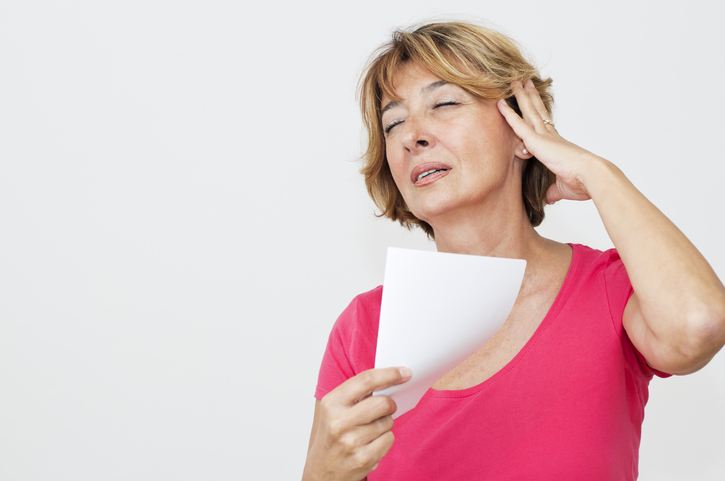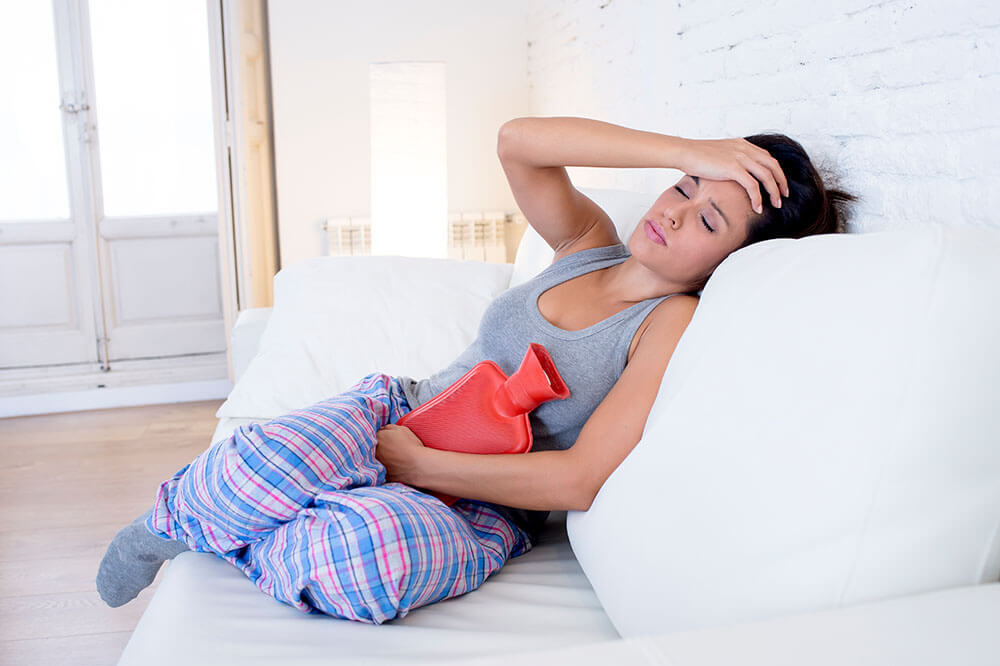PMS Dos and Don'ts: Tips and Prevention
What you should Do for Premenstrual Syndrome (PMS)
Staying hydrated is crucial for managing premenstrual syndrome (PMS) and alleviating its symptoms. Proper hydration can help balance the body’s processes and reduce some of
Wear loose clothing, comfortable clothing made of cotton to help absorb perspiration and make you feel fresh.
Dressing in layers is a practical way to manage some of the physical discomforts associated with premenstrual syndrome (PMS). PMS can cause temperature fluctuations, making women
Lower home thermostat to keep the house cool. Use a small portable fan or open a window while you are at work.
Using lightweight blankets during PMS can enhance comfort and improve sleep quality. Hormonal fluctuations can cause temperature regulation issues, leading to discomfort from
Maintaining a healthy weight can help alleviate many of the uncomfortable symptoms associated with premenstrual syndrome (PMS). Excess weight can amplify hormonal imbalances,
Practice progressive muscle relaxation or deep-breathing exercises to help reduce PMS symptoms such as headaches, anxiety or trouble sleeping (insomnia).
Keep a record to identify the triggers and timing of your symptoms. This will help you avoid these triggers and reduce the symptoms.
Eating smaller, more frequent meals during PMS can help manage some of the uncomfortable symptoms that come with it. Here's why this approach works: Prevents Bloating:
Adequate sleep plays a crucial role in managing premenstrual syndrome (PMS). Hormonal changes during PMS can disrupt sleep patterns, and lack of sleep can make symptoms like mood
Regular exercise is one of the most effective natural ways to alleviate premenstrual syndrome (PMS) symptoms. Physical activity benefits both your physical and mental well-being
What you should Avoid for Premenstrual Syndrome (PMS)
Managing premenstrual syndrome (PMS) can be challenging, especially when considering the various factors that can influence symptoms. One effective strategy is to avoid foods that
Smoking can significantly worsen PMS symptoms, making an already uncomfortable time even more difficult. Women who smoke often experience more severe PMS symptoms, as smoking
Caffeine can worsen several PMS symptoms, making it harder to manage discomfort in the days leading up to menstruation. This is how caffeine negatively affects PMS and aggravates
Alcohol might seem like a way to unwind or ease discomfort, but during PMS, it can actually do more harm than good. Women already face challenges such as mood swings, bloating,
Water binds to sodium in the body. Thus, when you eat more salt, you will suffer from bloating and water retention. This will make PMS symptoms feel worse. Thus, it is advised
Prevention library Premenstrual Syndrome (PMS)
- Show only
- Articles
- Videos
Premenstrual Syndrome (PMS) Prevention Forum
Always respect others and address them in a professional manner. Please remain authentic and objective.Aposbook does not endorse any comment and is not responsible for any wrong information provided by users.


























Success! Thank you for your comment.